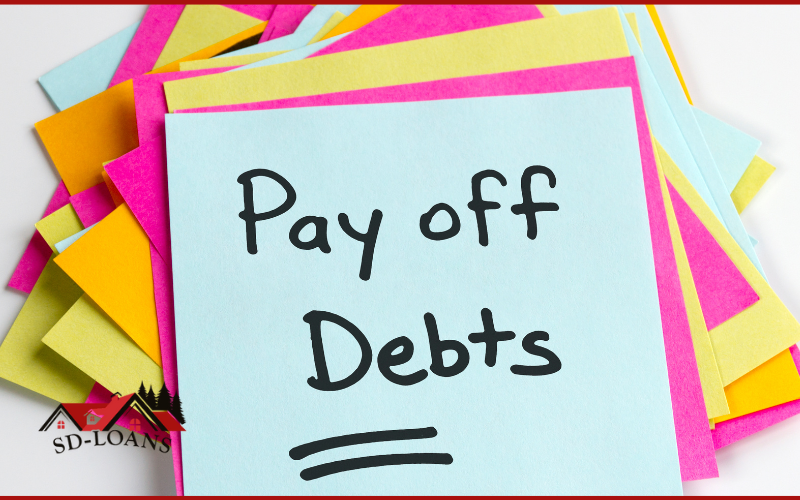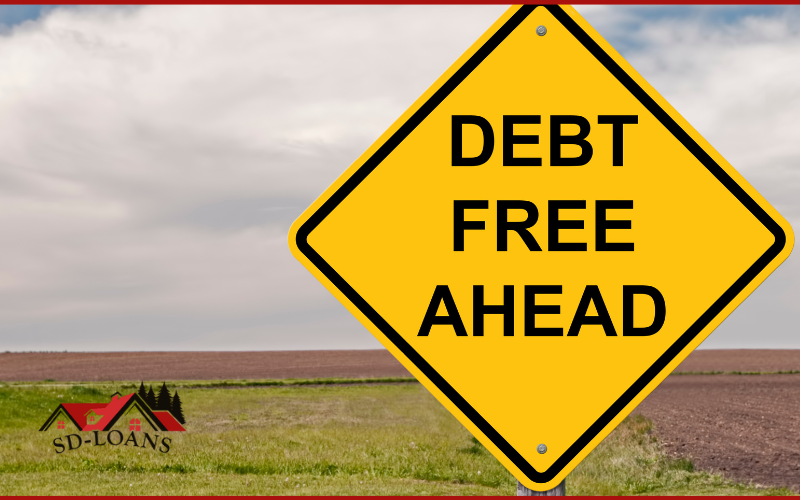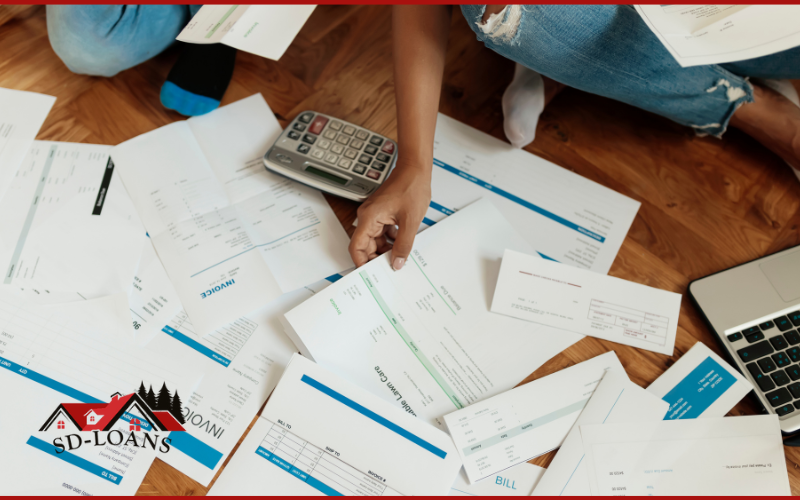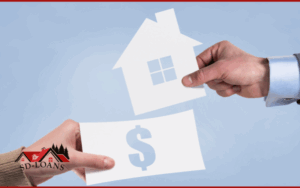How to Use a Refinance to Pay Off Debt in San Diego Without Hurting Your Finances
Hi, I’m Trevor Sanders, owner of SD-Loans here in San Diego. Many homeowners ask me whether refinancing is a smart way to tackle credit card balances, personal loans, or other high-interest debt. The truth is—it can be a powerful tool if you approach it the right way.
In San Diego, refinancing can help you pay off debt by replacing high-interest balances with a lower-rate mortgage. The key is to ensure you have enough equity (usually 20%), a solid credit profile, and a clear repayment plan. Done correctly, refinancing can lower monthly payments and reduce financial stress—but without a plan, it can add long-term costs.
“A refinance should always be a strategy, not just a quick fix. When done thoughtfully, it can turn overwhelming debt into manageable payments.” – Trevor Sanders, Owner of SD-Loans
Why Consider Refinancing to Pay Off Debt?
Refinancing allows you to consolidate multiple debts into one lower monthly payment. Instead of juggling high-interest credit cards or personal loans at 15–25%, you can move that debt into a mortgage with rates closer to 6–7% in 2025.
Benefits include:
-
Lower overall interest rate
-
One predictable monthly payment
-
Potential savings on thousands in interest over time
How Debt Payoff Through Refinance Works
-
Cash-Out Refinance – You replace your existing mortgage with a larger one, pulling cash from your equity. That cash is then used to pay off debts.
-
Rate-and-Term Refinance – Less common for debt payoff, but can free up monthly cash flow by lowering payments.
Example: If you owe $30,000 in credit card debt at 20% interest, consolidating through a refinance at 6.5% could save you hundreds every month.
The Rules & Requirements in 2025
-
Equity: At least 20% in most cases for a cash-out refinance.
-
Credit Score: 620+ for conventional, 580+ for FHA refinances.
-
Debt-to-Income Ratio: Lenders prefer under 43%.
-
Closing Costs: Expect 2–5% of the loan amount.
Pros of Using Refinance for Debt Payoff
-
Significantly lower interest compared to credit cards and personal loans
-
Simplified monthly budget with one payment
-
Potential tax benefits on mortgage interest (consult a tax professional)
-
Can improve your credit score by paying off revolving accounts
Risks You Need to Watch Out For
-
Extending loan term – Spreading debt over 30 years may mean paying more interest in total.
-
Closing costs – These upfront expenses can reduce short-term savings.
-
Temptation to re-spend – Paying off cards is only effective if you avoid running them up again.
-
Home as collateral – Unlike credit cards, your home is now tied to this debt.
Smart Ways to Refinance Without Hurting Your Finances
-
Only refinance the amount you truly need to pay off debt
-
Choose a term that balances affordability and total cost
-
Build a repayment plan so you don’t fall back into high-interest debt
-
Work with a broker (like SD-Loans) who shops multiple lenders for the best terms
Local San Diego Considerations
With San Diego’s median home price nearing $888,000 in 2025, many homeowners have built substantial equity.
That equity is the key to unlocking debt payoff options.
For example:
-
A North Park homeowner with $250,000 in equity can use a refinance to wipe out $40,000 in credit card debt while keeping a healthy cushion.
-
In Chula Vista, a family may consolidate auto loans and personal loans to simplify monthly budgeting.
When Refinancing Makes Sense for Debt
-
You’re carrying $20,000+ in high-interest credit card balances
-
You plan to stay in your home long-term
-
Your current mortgage rate is over 7% and refinancing can lower it
-
You’ve improved your credit score since your last loan
Alternatives to Consider
-
HELOC (Home Equity Line of Credit) – Flexible borrowing with lower upfront costs but variable rates.
-
Debt Management Plan – Structured payoff through a counselor without touching your mortgage.
-
Personal Loan – May be faster, but usually higher interest than a mortgage.
FAQs
Q1: Can I refinance to pay off credit cards in San Diego?
Yes, with a cash-out refinance you can use your home equity to pay off high-interest credit cards.
Q2: Will refinancing hurt my credit score?
It may cause a small, temporary dip from a credit inquiry, but paying off debt can actually improve your score over time.
Q3: Is a refinance better than a debt consolidation loan?
Often yes, because mortgage rates are typically lower than personal loan or credit card rates.
Q4: What if I don’t have 20% equity?
FHA refinances may allow lower equity, but options will be limited.
Q5: How long does a refinance for debt payoff take in San Diego?
On average, 21–30 days depending on documentation and appraisal.
 Refinancing to pay off debt can be a smart financial move in San Diego—if it’s part of a bigger strategy. Done right, it consolidates your debt into a lower interest loan, frees up cash flow, and simplifies your finances. Done wrong, it can stretch debt out and increase long-term costs.
Refinancing to pay off debt can be a smart financial move in San Diego—if it’s part of a bigger strategy. Done right, it consolidates your debt into a lower interest loan, frees up cash flow, and simplifies your finances. Done wrong, it can stretch debt out and increase long-term costs.
At SD-Loans, I work with homeowners every day to create refinancing strategies that fit their goals. If you’re ready to explore how refinancing can help you tackle debt, let’s talk.
📞 Call/Text me at 619-855-5061 or visit SD-Loans.com to schedule a consultation.






